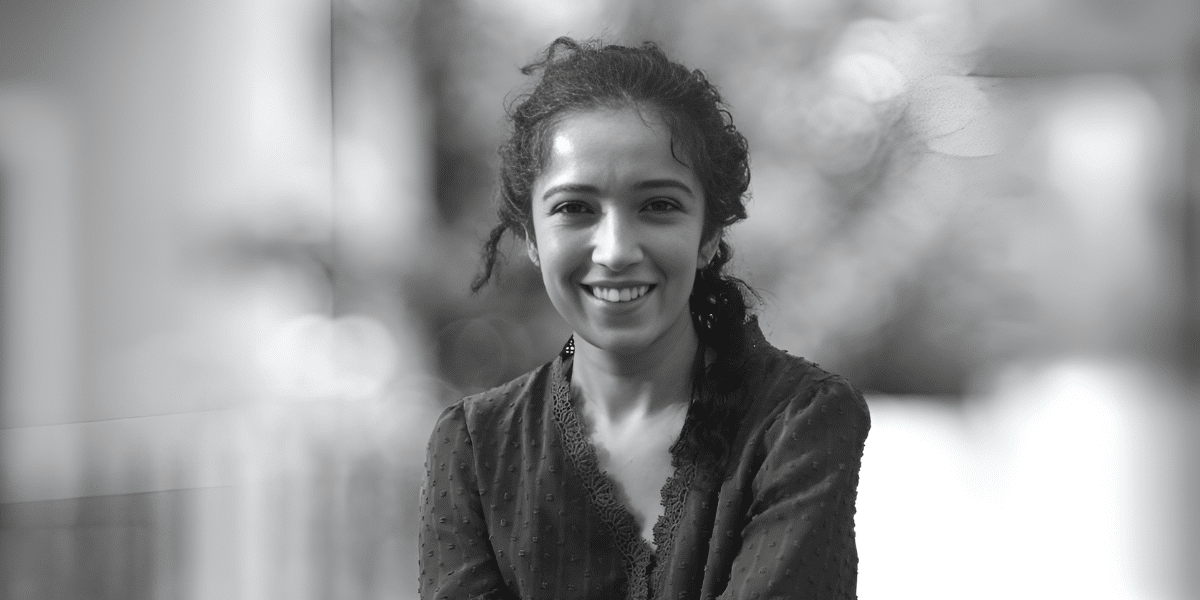By: Maria Williams
We chatted with Devangana Mishra, from India, author of ’26, Kamala Nehru Ridge, Civil Lines, Delhi’ about India, democracy, Narendra Modi’s third term and what’s in the pipeline for her in 2024.
Q. What’s the election season looking like in India, we ask you this since your last book charted Indian Independence, it’s going to be almost 80 years of India being a democratic, republic, secular, independent country?
Devangana: I don’t know, honestly, we’re all at our seat’s edge. There’s a few states where some party other than a Modi run party shows potential, but it’s been too little or distracted or just lackadaisical campaigning or lack of proven work for anyone else to win. That is my best political pundit prediction. Few care about anything other than their own survival in India, it’s the reality developing countries are daily faced with.. I work at ground level daily, with underprivileged families, with small communities, with city and state councils and see the condition of India’s margins daily; even if they’re unsure if they’re living the best they could or their worst lie, it’s all in upheaval and shambles. We’ll fix metro lines and roads and build temples and new parks, and speak of mosques as things we should do, but when you look at our policies, they’re all built for glorifying our good and hiding or displaying our dirt in the dust, instead of polishing it and pushing it out of the gutters India throws them in.
India is deeply rooted in this culture of finding ‘pity’ for the margins and invisible, segregating and pushing the marginalized further to the margins and ‘priding’ in our gold; it’s rather terrible.
Q. Talk about the status of democracy in India, about free speech; most countries today have a lot of lobbying, strong groups representing historical minorities, global activism like we saw with Rafah, small scale activism, schools and universities being involved in political debates and being under scrutiny for their policies, what’s it like for you back in India?
Devangana: I have to be honest to say, that’s where the strong hold power and voice and jurisdiction, which is true of most democracies and common people like me, small writers, small activists, daily workers have little voice allowed. There are always louder, bolder voices dominating the crowd and India as a culture is built on patriarchy, on power, and strength; our cultural roots and values drive people’s activism and emotions here. It’s easy for strong but small voices to get buried or oppressed very easily, politically, culturally and familially. We continue to live in a morally, culturally textured and alive but conservative country where political and cultural voice is encouraged as long as it favors power, status quo and pride, but anything out of the rule book is easily looked at upon and oppressed and crushed through invisible force. There is no space for dissent, dissent is feared, it’s looked at upon with cross and regret, and I’m not saying dissent for the sake of dissent, but dissent to drive righteous action forward or to drive truth forward, it’s twirled and taped many feet below earth. Small parties and small people, unless united in voice with big power, can never win or be heard in our country; there’s no individualism amongst our kin.
Q. What are your thoughts on Narendra Modi’s third term, which it looks like will be a sure possibility as you said, and with the way global politics are running?
Devangana: You know that iron gate by the sea, it’s inching to a gradual close, we’re there, we’re closing, there are slogans and songs being sung by opposition and allies, Save India say some, Rise India say India’s BJP, but at the crux of it, we want to make India a global powerhouse of production, narrowing/ or being overly conservative or strategic about trade and ways of western influence, which might prove good in the short run for our GDP, but it’ll take India back a century, in a not so good way, if we don’t access ways forward. Creating a claustrophobic country of a billion and a half competing and creating and learning internally- whisking out minority religions, crushing castes further, those historically oppressed, making employment a game of ‘who produces more,’ we’re agricultural by geography, that’s our nature, at the risk of human rights without us even knowing the play and power we’re living under because we don’t know anything else, we wouldn’t know rebellion from voice. India’s gates close by the hour, and as someone who’s read books and watched movies and had families living from around the world over since I was little and I’ve lived in so many countries, this becoming is a breath-strainer.
Q. That was a lot of big stuff; what’s next for you for 2024?
Devangana: Probably take a break from working; there’s no other way to survive a good life while being an artist and a social worker in India other than work many, many, many long, rigorous, hard hours. Once I’ve rested and watched this election play out to its end, I’ll plan my next book of verse, probably set in Gaza about a young girl and scale the work of my foundation for autism to work with small government-run inclusive schools of Mumbai clueless on autism. That feels like a lot already; I hope I do well, despite/in spite of how politics play out in our nation.
Published by: Martin De Juan

















